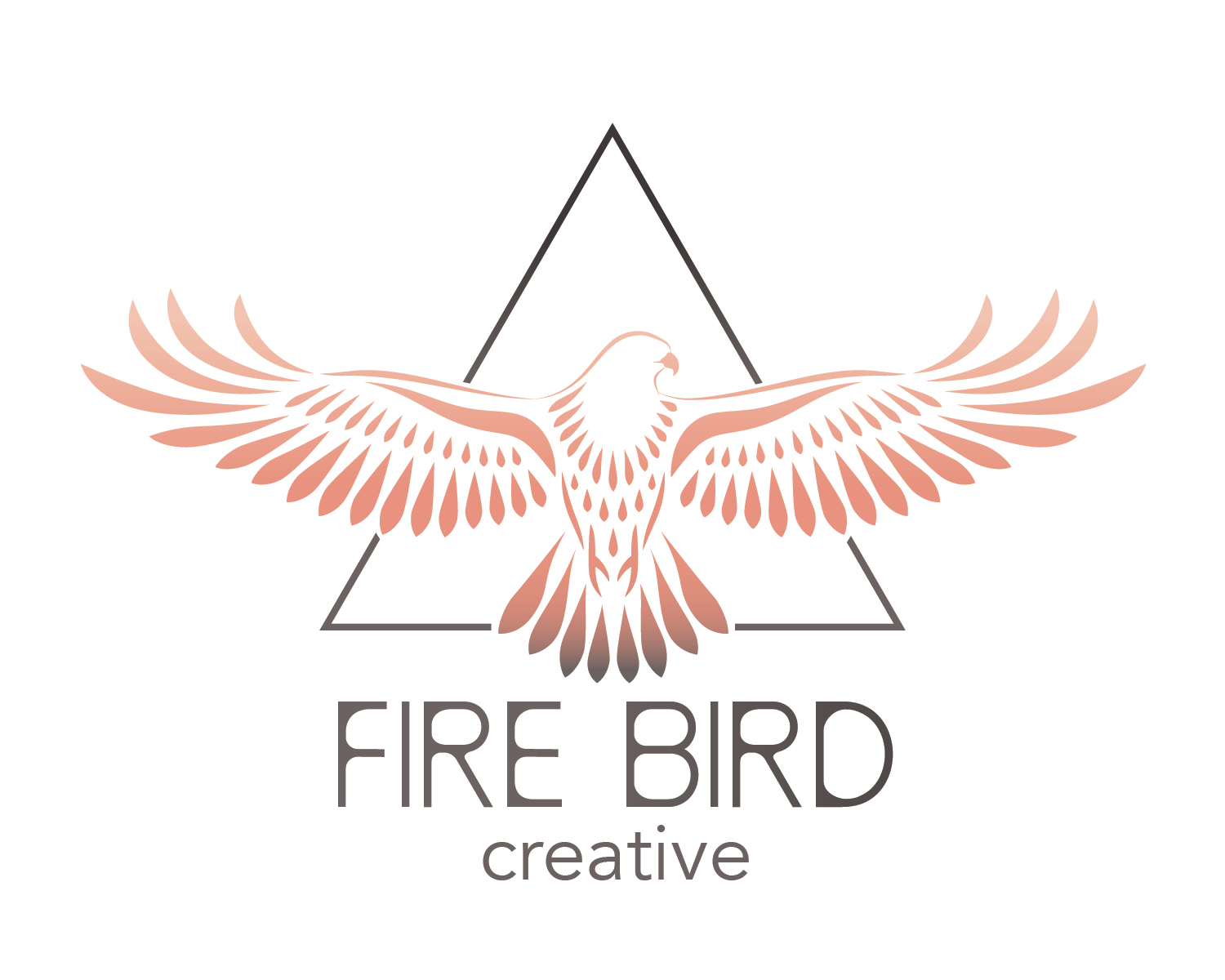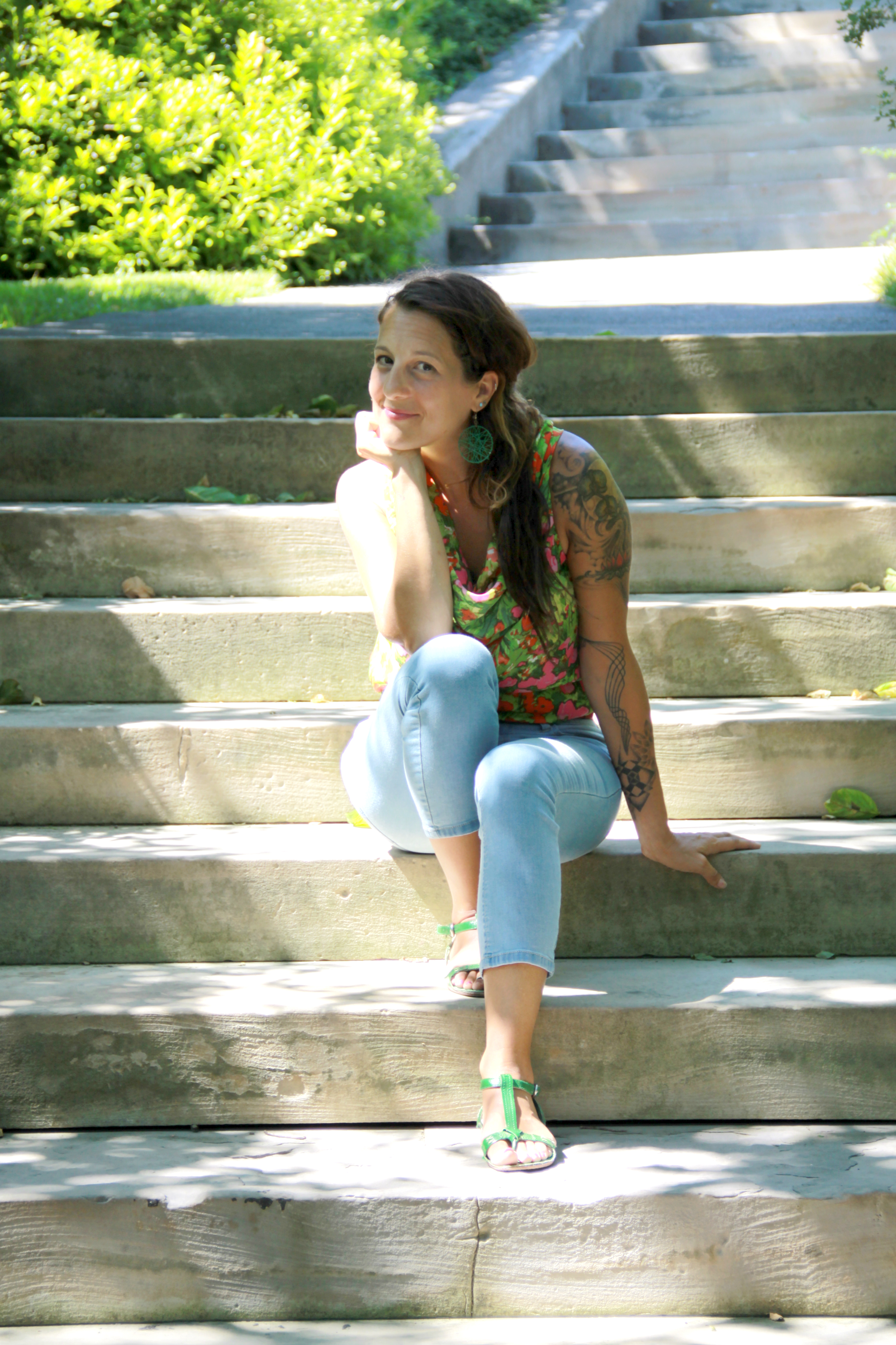“My mother is my best friend, I can rely on her for anything. She knows me better than anyone and is always present and supportive.”
Does this statement make you want to puke? Do you have an entirely different experience with your mother? When you think about your mother, does your body tense up? When you interact with your mother do you feel drained, irritated, or angry? Does the idea of “mother” evoke shame or self criticism for you?
Mothers are idealized figures. They’re supposed to be protective, nurturing, encouraging, loving, and selfless. This is what we learn to expect, but this is not necessarily what we experience in life. Which results in feelings of inadequacy. Kids don’t understand that the idealized notion of “mother” is unrealistic so they blame themselves when their mother presents differently.
Of course, some miraculous unicorn mamas do exist. Maybe you saw her in your best friend’s mom, your mother’s friend, or an aunt. Maybe you saw her on TV or read about her in a book. Such examples may have contributed to your expectations and created complicated feelings of jealousy or disappointment. Encountering the ideal mom felt unfair, like you were dealt a shitty hand. Life cheated you out of one of the most basic and essential gifts. It can be hard to move out of that place of victimhood and negativity. Expectations remain low, which may play out in achievements or other relationships.
The mother wound is difficult to confront. It feels disloyal to acknowledge the wounding. Shame wells up as your inner child still feels responsible, despite the fact that you want to get past the pain. An underlying river of rage threatens to sweep you away. You feel guilty and frustrated with yourself.
However, acknowledging the hurt and validating your experience will help you heal and release unhealthy patterns of pain. This work takes time and patience. Show up for yourself with persistence and love.
Know that things are not black and white. It’s possible to love your mother and feel hurt by her. It’s possible to be angry with her and also feel compassion for her struggles. You may be unforgiving but still want her in your life. This is not an either/or situation. Acknowledging the pain and misdeeds does not negate your love. And that’s ok.
Comfort your inner child. Though you may be able to rationalize your mother’s behavior or recognize that things were never your fault, your inner child may not. She may still feel unloved, unworthy, or to blame. Imagine explaining the situation to your inner child. Tell her how much you love her. Let her know you’ll be there to support her. Imagine giving your child self a big, warm hug.
Don’t get trapped in the past. While it’s helpful to acknowledge and honor your pain, it’s not helpful to ruminate about the past. That time is gone. Understand that your past has impacted your life experiences and then bring your attention back to the present. Deal with what is coming up for you now. Address or change what you need to in this moment.
Resist victimhood. Focusing on how unfair or unsupportive your circumstances were does not change them. Notice your tendency to feel victimized or hurt by the actions of others but don’t allow those feelings to dictate your behavior or define who you are. Recognize when they show up, know that they are a natural response given prior experiences, and then shift away from them. Look at the situation from another perspective. Respond in a different, more empowered way.
Give yourself permission to feel. You may have been told that you’re too much, too needy, too sensitive, too demanding. You may have learned to shut down your feelings or to feel horribly wrong for having them. Some people may question you if you criticize your mom, “you shouldn’t talk about your mother that way,” “but she’s your mother…” Those people aren’t you. They don’t know your perspective. You’re not wrong. You’re allowed to feel what you feel.
Keep the feelings moving. When you shut them down, ignore them or minimize them they get stuck. There are lots of ways to process emotions—listen to music, create, talk, write—but one of the most effective ways that is often overlooked is movement. Emotions get stored in our bodies, so it makes sense to keep them flowing by engaging in physical activity. Do yoga, dance, go for a run or walk, workout, hike, swim, breathe. Notice how you feel physically and emotionally before the activity and notice how you feel afterward.
Connect…mindfully. There are others who can relate to your experiences. It can be comforting to know you’re not alone. However, avoid getting trapped in a perpetual bitchfest. Sure–vent, complain and let it out. But if that’s all you ever do then you’re only keeping yourself stuck in victim mode. Encourage each other, build each other up, remind each other to move forward. This is an important aspect of connecting around similar trauma.
Recognize humanity. We’re all flawed, hurt, wounded, fucked up and floundering in some way. You and your mother included. To quote the brilliant Maya Angelou, “Do the best you can until you know better. Then when you know better, do better.” Have compassion for imperfection.
Raise your expectations. You deserve to be treated with respect and to be loved unconditionally. Know this. Communicate this expectation with your partners (and hold space for their wounds as well). Set clear boundaries with anyone who isn’t willing to offer this to you.
Get therapy. The mother wound is deep and complicated. It’s impossible to dive into the depths of it in a single blog post. It helps to have a professional support and assist you on your healing journey.
With Love & Compassion,
Adina Arden Cooper
I'm a lover, a guide and a supportive companion. An artist, an ally and an advocate. I help individuals connect more deeply with themselves and with others through shadow work. I believe that shared humanity is a powerful strength and that our stories connect us in beautiful and sacred ways. As I stumble, skip, or soar my way through this life, I invite you to join me on the journey. Likewise, I'm honored to travel with you. In witnessing one another, we find meaning.


